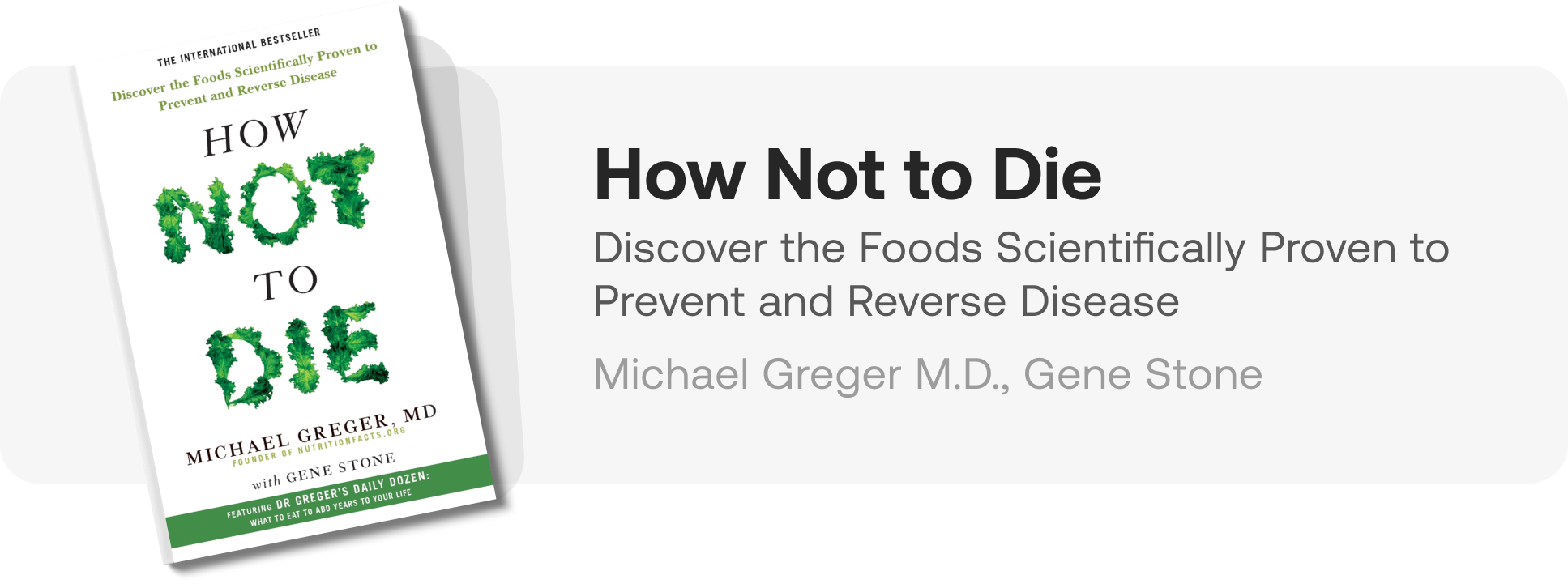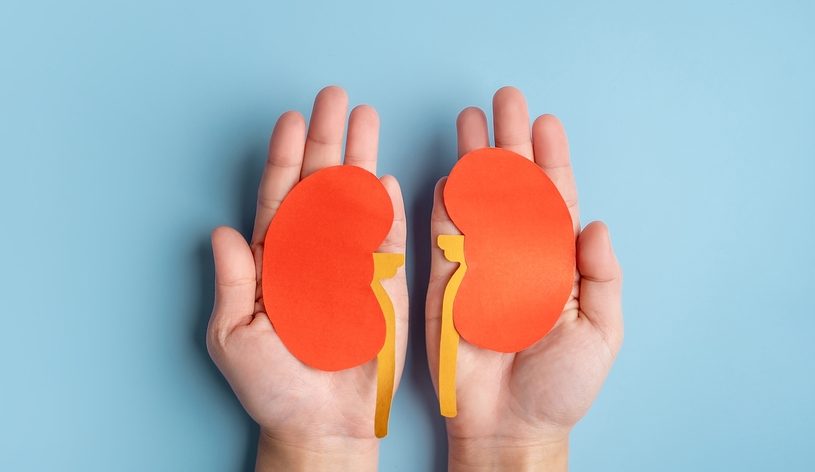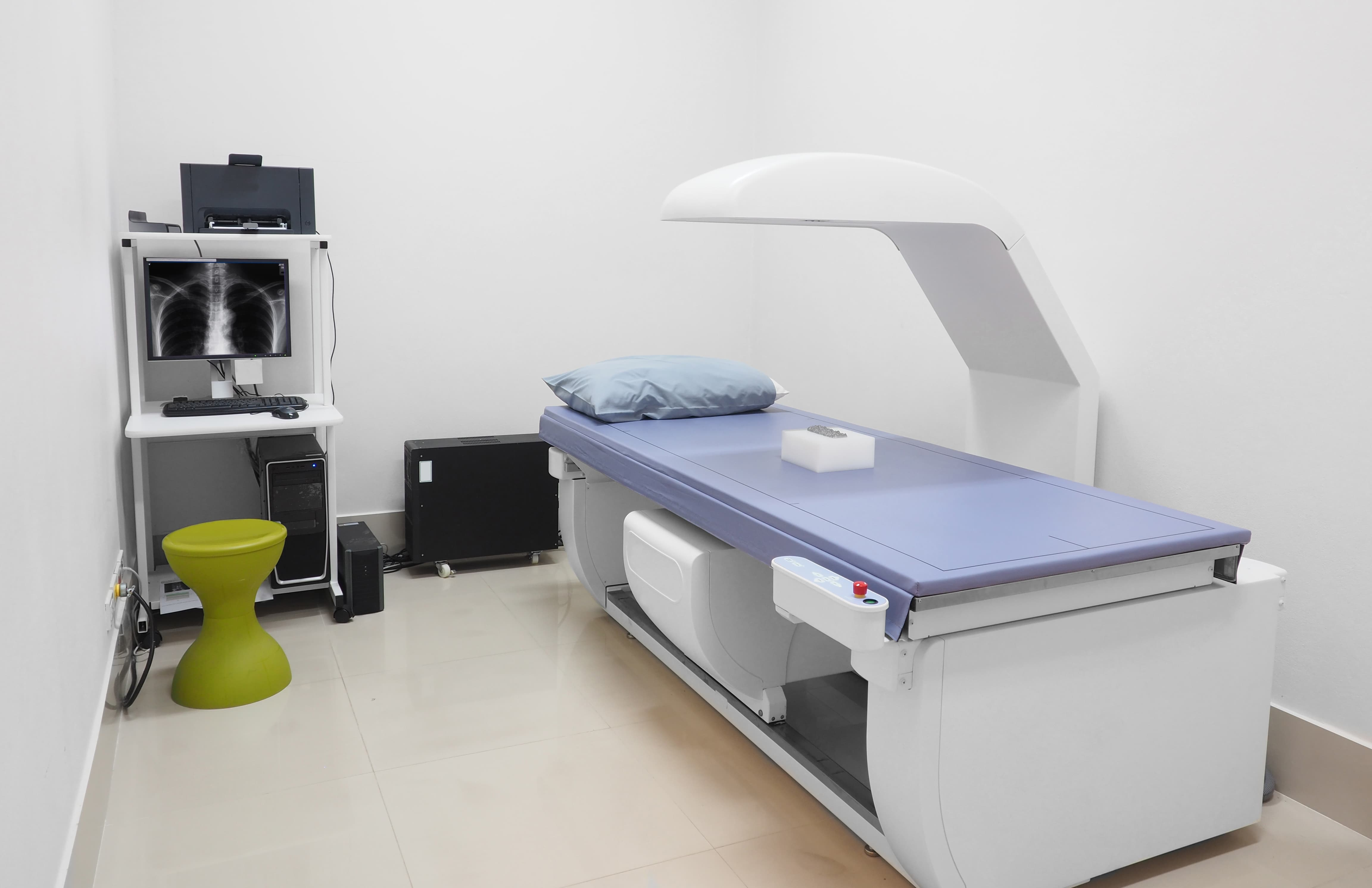The kidney is an organ that works arduously from the crack of dawn till late at night and on and on to make your body flush all the wastes and toxins out. Unfortunately, we rarely notice the importance of kidney functions and the risk posed to this vital organ by harmful habits of eating too salty, spiced, fatty food washed down by alcohol or even accompanied by a cigarette.
Due to our carelessness, kidney conditions often appear with cancer being the most significant. Living with kidney cancer can be physically and emotionally challenging, as treatment can be intense and can devastate one’s livelihood.
Cancer of the kidneys is one of the 10 most common cancers among men and women. In 2020, around 430,000 people were diagnosed with kidney cancer.
What is kidney cancer?

Kidney cancer is a type of cancer that starts when cells in your kidneys change and grow out of control. The kidneys are a pair of organs responsible for filtering waste products from the blood and flushing them out of your body through urine. There are several different types of kidney cancer, the most common of which is renal cancer, which accounts for about 85% of all kidney cancer cases. This type of cancer starts in the cells that filter the blood and produce urine.
How kidney cancer starts, develops and kills

Cancer begins when something triggers a change in the cells and they begin to divide out of control. Kidney cancer can be asymptomatic in its early stages and may not cause any symptoms until it has spread to other parts of the body.
Due to earlier detection and treatment, a lower mortality rate from this malignancy has been observed over the past 20 years. The five-year survival rate is 90% when the disease is diagnosed at the earliest stage and 79% when diagnosed at the second stage of development. However, when diagnosed in the late stages the survival rate is only 5%.
That is why it is crucial to be aware of causes and signs to not let the disease spread all over the body.
Main risk factors of kidney cancer

Approximately 25% of kidney cancer cases are attributed to obesity. This is because obesity is associated with increased production of insulin – a hormone that may also contribute to the development of kidney cancer.
 Source: Endocrine-Related Cancer
Source: Endocrine-Related Cancer Hypertension is associated with a 20-30% higher risk of developing kidney cancer. High blood pressure may contribute to the development of kidney cancer by causing damage to the blood vessels and tissues in the kidneys. Over time, this damage may lead to the formation of kidney cancer cells. Additionally, high blood pressure is often accompanied by other conditions such as obesity, diabetes, and high cholesterol, which may also increase the risk of kidney cancer.
The study of 500,000 Korean men, 60% of whom were smokers, with 8 years of follow-ups showed that patients with high blood pressure had a 2.4-4-fold greater risk of dying from kidney cancer depending on the stage of hypertension.
Based on the data on kidney cancer in the United Kingdom 13% of this disease is triggered by smoking. Smoking damages the DNA in cells and can lead to mutations that can cause cancer. The chemicals in tobacco smoke can damage the cells lining the kidneys, leading to the development of kidney cancer.
 Source: NDTV
Source: NDTV The risk of developing the very cancer was shown to be 36% higher in smokers and 16% higher in former smokers compared to people without this harmful habit.
People between the ages of 65 and 74 are most likely to succumb to kidney cancer. Moreover, a man’s chances of developing this disease are twice as high as a woman’s.
Long-term dialysis is a treatment for kidney failure, which is a condition in which the kidneys are no longer able to function properly. Dialysis involves the use of a machine to filter waste products from the blood when the kidneys are not able to do so.
Long-term dialysis may be associated with an increased risk of kidney cancer because this procedure may lead to chronic inflammation and scarring. Both of these complications can trigger cancer.
According to several analyses, a family history of kidney cancer can significantly increase the risk. People with a family history of kidney cancer are 2-4 times more likely to succumb to this illness. These results vary depending on the closeness of the family ties.
Main symptoms of kidney cancer

-
Blood in the urine: This is often the first symptom of kidney cancer and may cause the urine to appear pink, red, or brown.
-
Pain in the side or lower back: Kidney cancer may cause pain in the side or lower back, especially when the cancer is advanced.
-
A mass or lump in the abdomen: A person with kidney cancer may feel a mass or lump in their abdomen.
-
Weight loss: Some people with kidney cancer may experience unintentional weight loss.
-
Fever: A fever may be a sign of an infection or inflammation, which can be caused by kidney cancer.
-
Swelling in the legs or ankles: Swelling in the legs or ankles may be a sign of kidney cancer or another condition.
Main complications of kidney cancer

-
Metastasis: Kidney cancer can spread to other parts of the body, such as the lungs, bones, or brain. This is known as metastasis and can be life-threatening.
-
Loss of kidney function: Treatment for kidney cancer, such as surgery or radiation therapy, may damage the kidney or remove it entirely. This can lead to kidney failure, which may require dialysis or a kidney transplant.
-
Pain: Kidney cancer can cause pain in the side or lower back, especially when the cancer is advanced.
-
Blood clots: People with kidney cancer may be at increased risk of developing blood clots, which can cause serious complications such as stroke or heart attack.
-
Anaemia: Kidney cancer may cause anaemia, which is a condition in which the body does not have enough red blood cells. This can cause fatigue and weakness.
-
Infection: Kidney cancer and its treatment can increase the risk of infections, such as pneumonia or urinary tract infections.
Five healthy ways to significantly minimise the risk of kidney cancer

The good news is that kidney cancer is a curable condition. The bad news is that the medical treatment is followed by various side effects that are ranging from fatigue, hairless, and diarrhea to worse ones like changes in bowel habits and sexual side effects, such as difficulty achieving an erection or difficulties with arousal and orgasm.
Thus, the best solution is to take care of your kidneys throughout life by taking on healthy habits.
1Keep a healthy weight
Maintaining a healthy weight is crucial in terms of lowering the risk of developing kidney cancer. Obesity is a known risk factor for kidney cancer, as well as a number of other types of cancer and chronic diseases.
Excess body fat, particularly belly fat, can lead to insulin resistance and high levels of insulin in the bloodstream. This can increase the risk of developing type 2 diabetes, which is a known risk factor for kidney cancer. Obesity may also rises inflammation in the body, which can contribute to the development of cancer.
A study of 23.3 million Koreans with 5 years of follow-ups showed that general obesity and abdominal obesity (excessive fat around the stomach and belly) increase the odds of kidney cancer by up to 1.3 and 1.45 times respectively.
 Source: British Journal of Cancer
Source: British Journal of Cancer 2Stop smoking or do not start
Smoking is known as one of the main risk factors for kidney cancer. The chemicals in tobacco smoke called nitrosamines can damage the cells in the kidneys, which can increase the risk of kidney cancer.
Interestingly, nitrosamines – carcinogens contained in cigarettes, have a detrimental effect even for thirdhand smokers. This means that tobacco smoke poses a risk to your health when you are in a hotel room that was previously occupied by a smoker. 80% of nitrosamines from cigarette smoke can remain in a room, even with normal ventilation, so seek out smoke-free hotels whenever possible.
Quitting smoking can greatly drop the risk of developing kidney cancer and other types of cancer. It’s never too late to quit smoking, and the benefits of quitting begin as soon as you stop smoking.
According to a study, long-term quitters (those who were not smoking for 30 years and more) had a 50% drop in the risk of developing kidney cancer and those who gave up storing for 10-19 years had a reduction in the risk of kidney cancer development was ranging from 20% to 30%.
3Avoid drinking too much alcohol
Alcohol consumption is vividly linked with an elevated risk of several cancer types such as breast and liver cancer. Interestingly, kidney cancer doesn’t belong to this list. The results of a 2012 study show that moderate alcohol consumption actually lowers kidney cancer risk.
In spite of this potential benefit, the NCI stresses that the detrimental effect of alcohol outweighs any potential benefits. Heavy alcohol consumption can damage the kidneys and lead to chronic kidney diseases, kidney failure and acute kidney injury. These conditions often require dialysis as a way of treatment; long-term dialysis increases kidney cancer risk by 5 times.
So, it is better to limit alcohol intake to maintain healthy kidneys. The American Cancer Society recommends that men limit their alcohol intake to no more than two drinks per day and that women limit their alcohol intake to no more than one drink per day.
4Enrich your diet with fruits and vegetables
Eating a diet that is rich in fruits and vegetables is associated with a lower risk of kidney cancer and a number of other types of cancer. Fruits and vegetables are good sources of a variety of nutrients, including vitamins, minerals, and antioxidants, which can help protect against the development of cancer.
According to a study consumption of legumes, whole grains, and cruciferous vegetables was linked with a 16–18% reduced risk of kidney cancer.
Intake of plants high in fibre also has a positive effect on lowering the very risk by 15-20%.
It’s recommended that adults aim to eat at least 2,5 cups of vegetables and 2 cups of fruit daily for overall health. It is reported by the American Institute for Cancer Research that consuming more than five servings daily further lowers your risk of developing cancer.
5Engage in regular physical activity
Regular physical activity is associated with a lower risk of developing kidney cancer and a number of other types of cancer. Physical activity can help reduce the risk of cancer by promoting healthy weight maintenance, reducing inflammation, and helping to regulate hormones in the body.
Some studies have found that people who are physically active on a regular basis have a 22% lower risk of developing kidney cancer compared to those who are inactive. This may be due in part to the beneficial effects of physical activity on body weight, insulin resistance, and other factors that can affect cancer risk.
 Source: British Journal of Cancer
Source: British Journal of Cancer The American Cancer Society recommends that adults engage in at least 150 minutes of moderate-intensity or 75 minutes of vigorous-intensity physical activity each week, or a combination of both.
How to keep kidney cancer away? Let’s sum up

Kidneys are the vital organ that makes the body get rid of wastes and toxins. Unfortunately, an unhealthy lifestyle risks the kidneys so cancer may develop. Despite being widely treatable kidney cancer may spoil your appearance, ability to be an active person, and even sex-life. So, the best thing is to protect and maintain healthy kidneys by taking on the lifestyle changes mentioned in this post. Even small alterations may, later on, produce positive results. Take care of your kidneys!
Not enough? Here is more from our colleagues
If you want to learn more about kidney cancer, we recommend you read the book ‘How not to die’ by Michael Greger. Not only it provides insight into preventing and dealing with kidney cancer and other severe conditions but also offers tips on having a healthy lifestyle that can protect you from chronic diseases and premature death. The very article is inspired by this book. It’s a must-read for anyone looking to improve their overall health and longevity.

Why we all should cut down on meat consumption and why does 1 hotdog has a more detrimental effect on kidney health than 5 cigarettes? Learn more about protecting your kidney from cancer with this video.









